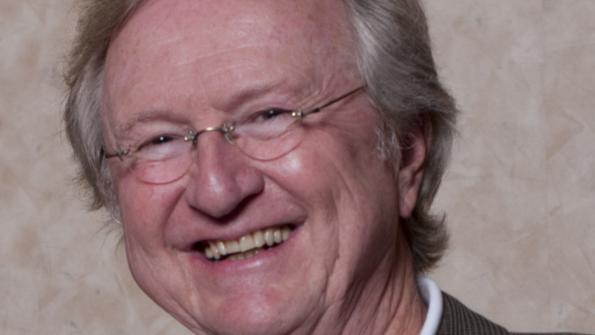Greg Leonard, senior vice president of natural sales of Tree of Life, talks about the changes he's seen over his 15 years in the natural products industry
June 4, 2013

FI: How have you seen distribution change over the decades?
GL: Distribution has changed as the retailers selling natural products have changed. When I first came into the natural products industry in the mid-1970s a large natural food store would have been all of 3,000 square feet. The role of the natural products distributor, then, was to bring together all of the products manufactured and marketed by many, mostly small, companies, pick retailer orders in the smallest increment possible and deliver those products to thousands of equally small retail stores. For the retailers of that time it was critically important for their distributor to “pick in eaches” so that the stores could offer the broadest selection possible without exposure to the inventory carrying costs associated with buying in full cases.
That began to change in the mid-1980s as larger-format natural food stores and retail chains began to develop. Early on, these larger stores focused their attention on the lower cost of goods a distributor could provide when selling in full cases. As the industry and retailers evolved and matured in their understanding of the real costs associated with their investment in inventory, a more thoughtful hybrid has emerged. Today the most sophisticated retailers understand the important contribution that SKU productivity makes to their bottom line and they manage their buying strategy accordingly.
FI: What industry changes do you think are the most notable?
GL: There have been many notable changes in our industry in the past 40 years but most, directly or indirectly, relate to the remarkable growth our industry has experienced and the mainstreaming of health and wellness concepts that were pioneered by natural product retailers and suppliers. As industry expert and friend Jay Jacobowitz so aptly stated in Whole Foods magazine in 2008, “We in the Natural Products Industry sought and promoted a better way, which consumers have increasingly embraced over the last 40 years, forcing a change in the dominant medical and food models.” To date that is the powerful legacy of our industry.
FI: How do you see the future of natural products sales? And the future of mom and pop stores?
GL: Those of us who have chosen a career in the natural products industry have had the opportunity to participate in an almost uninterrupted “up and to the right” growth trajectory since the 1970s. Yes, this growth has come with its challenges but the opportunities have been much greater. The success our industry has enjoyed has been driven by a vision of wellness and sustainability and the passion of numerous pioneers and entrepreneurs.
As I walked the recent Natural Products Expo West trade show in Anaheim I realized that the millennial generation has now taken ownership of “our industry.” Whether launching their own new brands or lending their support to the continued growth of established ones, these young professionals are bringing the same kind of passion, intelligence, vision and personal ownership to the natural products world today that the baby boomers did in the ’70s and ’80s.
What I also recognized was, for their peers in the general population, the concepts of natural, organic and local foods have become just part of the millennials’ everyday lifestyle. Walk any successful natural food store today and you’ll likely see the same thing, the average age of many of the shoppers is in their twenties and thirties. It is obvious that the natural products industry today has reached a much larger audience and I’m convinced that the industry will continue to enjoy an expanding market well into the foreseeable future.
I’m bullish on the future of this industry and on the future of well-run natural food stores. Independent natural food stores have survived and even prospered in good times and bad and in a world where “local” is becoming more and more important, a good business person running a retail store well connected to its community will always have a strategic advantage over a regional or national chain without that local, community connection.
FI: As a huge music fan, what playlist would you make for the industry?
GL: That’s a tough question. When I think of the natural products “industry” I see it as a business with many-facets – organic, VMS, allergy-free, non-GMO — each with its own personality. So theoretically the mix would depend on which audience you were serving. The mix to sum up the values of the natural products industry would fall into what is loosely called “Americana.” It would include songs of beauty, heart and soul by performers like Patty Griffin, Buddy & Julie Miller, Townes Van Zandt, newer voices like Kacey Musgraves and Holly Williams (Hank’s granddaughter), and a dose of Boulder, Colorado, thrown in from the likes of Tim O’Brien or Nick Forster.
Suzanne Shelton rocks it as president of Shelton Group PR. www.sheltongroup.com
About the Author(s)
You May Also Like




